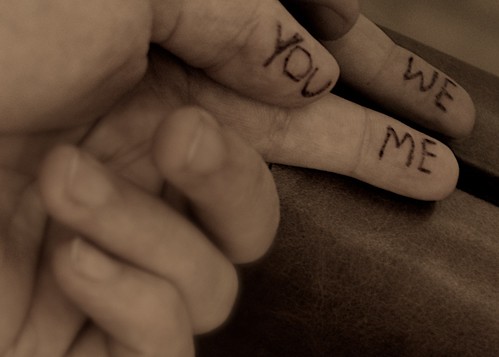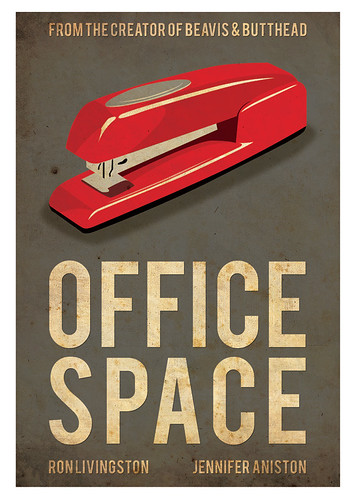When does the word “we” indicate a good relationship? When can it save your life?
ing "we" when talking to a third party about the relationship was a very good sign. "You" words were more common in toxic conversations and bad relationships. The more a heart patient's spouse used we-words during an interview, the healthier the patient was in six months. From James Pennebaker's book The Secret Life of Pronouns: What Our Words Say About Us: A couple’s use of we-words when talking to a third party predicts a satisfying relationship. However, we use for…
2 minutes
What personality traits do SWAT team members have?
ey differed from the average person by being extremely confident ("self-deceptive enhancement"), more emotionally stable and more resilient: The present study was aimed at investigating whether different personality profiles could be found among Italian police Special Force (SF) officers. Our hypothesis was that different personality profiles would be found, and that they would differ with respect to psychological and organizational functioning. This conjecture was tested on anonymously collected Big Five scores of all members of a 'Reparto Mobile' unit (n = 289)…
1 min read
How many people can’t remember their home phone number?
cording to a survey conducted in 2007 by a neuropsychologist at Trinity College Dublin, fully a third of Brits under the age of thirty can’t remember even their own home land line number without pulling it up on their handsets. The same survey found that 30 percent of adults can’t remember the birthdays of more than three immediate family members. Our gadgets have eliminated the need to remember such things anymore. This is from Joshua Foer's wonderful book, Moonwalking with…
1 min read
Which college major is most likely to catapult you into the top 1% of earners?
e-med. Zoology, surprisingly, is #4. Via Harvard Business Review, citing the NYT: The college majors that offer students the best chance of making it into the top 1% of earners are, in order, pre-med, economics, biochemistry, and zoology, according to census data cited by The New York Times. 11.8% of pre-meds crack the 1%, whereas the proportion of majors in economics, biochem, and zoology reaching that level are, respectively, 8.2%, 7.2%, and 6.9%. Join 25K+ readers. Get a free weekly update…
1 min read
Do people really believe conspiracy theories or do they just not trust authority?
seems to be more about not trusting authority. This fascinating study shows a high correlation between conspiracy theorists being inclined to hold contradictory beliefs. For instance, people who believed Osama Bin Laden was already dead when the US raided his compound were also more likely to believe he was still alive now. Apparently the logic is something like "It's not about whether my theory is right but what they are telling us is definitely wrong." Conspiracy theories can form…
2 minutes
Can you tell whether a company is in trouble by the words its employees use?
rkers who refer to their employer as "the company" or "that company" and co-workers as "they" are likely to be at companies with low morale and high turnover. When employees refer to "our office" and "our company" they're probably somewhere with low turnover. They probably work harder and feel fulfilled by their career. From James Pennebaker's book The Secret Life of Pronouns: What Our Words Say About Us: Management consultants sometimes distinguish among I-companies, we-companies, and they-companies. To get a…
1 min read
What’s an easy way to improve how African Americans score on IQ tests?
st don't call it an IQ test. In this study, when the exam was introduced as an IQ test, Caucasian students outscored African American students. When the same test was labeled a "set of puzzles", the results were reversed. It's a classic example of stereotype threat. Via Timothy Wilson's book Redirect: The Surprising New Science of Psychological Change. Surely it doesn’t matter whether the test is described as a measure of IQ or a set of puzzles. Well, it turns…
2 minutes
5 things you didn’t know about deception:
bsp; 1) You can tell how smart your child is by how early they start lying. Also, it's harder for us to detect lies as we age. 2) Sexually open-minded people are better at reading faces. 3) Sadly, we lie most to those we are closest to. 4) Believing in a caring, forgiving god makes you more likely to cheat. 5) Deceiving others increases self-deception. In fact, over time we may become our lies. Join 25K+ readers. Get a free weekly…
1 min read








